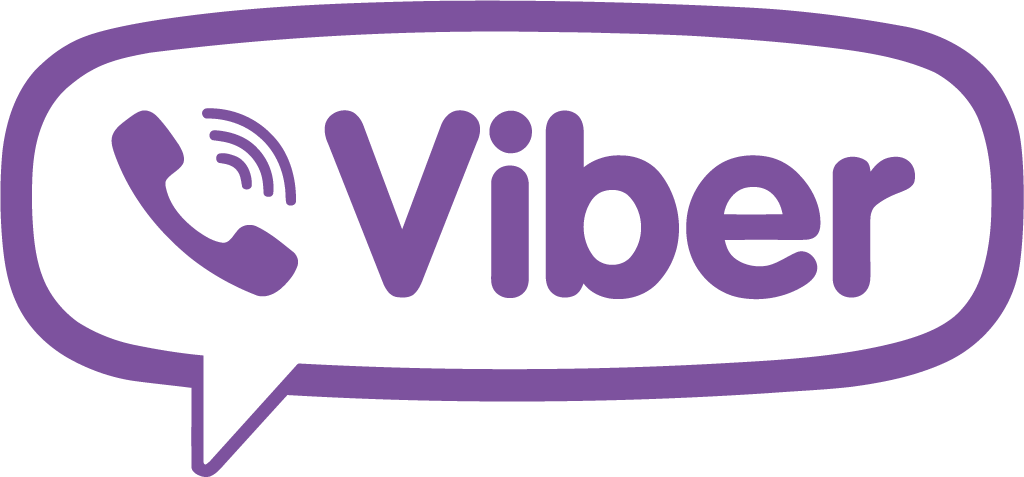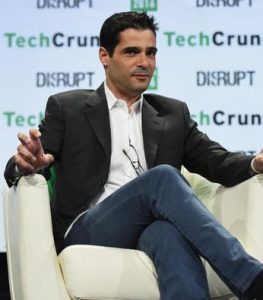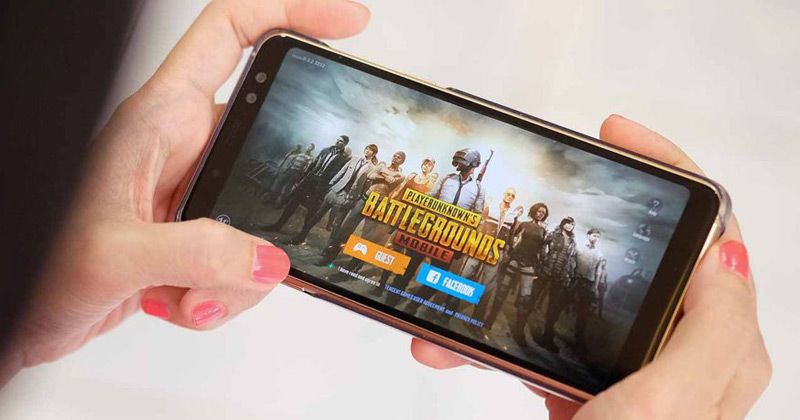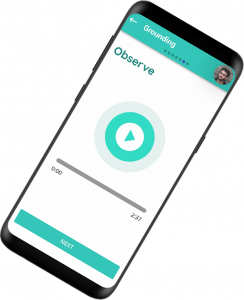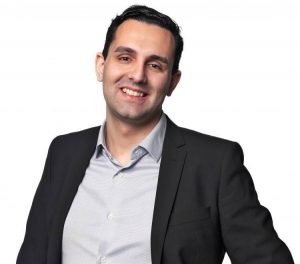The Success Journey of Freecharge from a Start-up to a $400 Million Business
Western civilisation had a huge impact on the Indian start-up culture. If you look around, you will find many Indian start-ups taking ideas from Silicon Valley projects like PayTM inspired by PayPal, OYO followed the business concept of Airbnb, and there are many more examples doing the same. This lead to the accusation for the Indian entrepreneurs of recreating ideas instead of digging a new one. In the midst, Kunal Shah and Sandeep Tandon proved everyone wrong and built a start-up to address payment related issues and launched a product called Freecharge, which later, took the digital market space like a wildfire.
Origin of Freecharge and initial success
The foundation of Freecharge started in the year 2010 when Sandeep was an angel investor and met Kunal at his BPO Company. Sandeep recognised Kunal’s potential and admired his entrepreneurship skills. In the year 2009, Kunal started with his own venture Paisaback. The idea was to give cash back to the customers through local business tie-ups. For instance, the customers used to get cash back if they visit any local fast food restaurant like KFC or McDonalds on the reference of Paisaback. However, the business ideas did not work out well and soon collapsed.
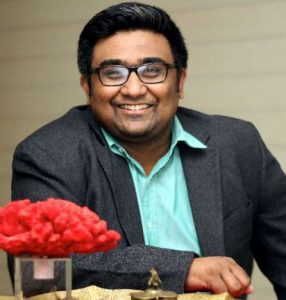
Later, Kunal wanted to make a technology, which would eventually minimize payment-coupled complexities and ease the payment process. His focus was especially on mobile phone recharges. He had analysed it as a million dollar idea which would disrupt the market. The idea gave birth to Freecharge. Both Kunal and Sandeep started with the product development phase. Within no time, they launched Freecharge on Independence Day i.e. 15 Aug 2011. McDonald became their key partner for initial days. For the project, they received an undisclosed amount of seed funding from American Venture Capital firm supported by Tandon Group and Sequoia Capitals. Freecharge tool off their business exponentially and grew into tech giant in coming years.
Investment from top firms to selling out the company
After successful three years from its inception, Freecharge received another round of Series B funding INR 220 Crores from their trusting partner Sequoia capitals, Sofina and Ru-Net. Because of their exceptional business delivery, Freecharge again received 535 crores form Hong-Kong based funding firm Tybourne Capital, Valiant Capital Management and from existing funding partners. The Freecharge was killing the market space and shut down many businesses. Many entrepreneurs saw Freecharge as a big opponent. As a result, in the year 2015, Snapdeal, after realising the potential of Freecharge, acquired the company. Snapdeal bought Freecharge for a whopping amount of INR 2700 crore, which also became the biggest takeover in the Indian history of the start-up.
Kunal’s vision for success entrepreneurship
Before stepping into the entrepreneurship journey, Kunal had taken a bold step, as he dropped out from Narsee Monjee Institute of Management Studies (NMIMS) while pursuing his MBA degree. Instead, he pursued an education in Philosophy, preferably. He holds a B.A degree in Philosophy from Wilson College, Mumbai, India. According to his controversial statement, he regarded the MBA as a waste of time and money. He believes students should reach out to running companies instead of wasting so much money while studying theoretical pieces of stuff. However, many intellectuals criticised his theory, he remains adamant. Today, he inspires many through his Freecharge success.
Kunal credit his self-devised Delta 4 theory for building Freecharge a successful start-up. It was Kunal and Sandeep homogenize vision, dedication and honest is the reason why Freecharge has become a global name in mobile-based application software. Today, Freecharge has grown a thousand times and has a customer base of more than 30 million people. Freecharge also awarded as the best consumer mobile service at IAMAI Digital Awards in 2015. The journey of a Freecharge is a lesson to many who want to explore the entrepreneurship journey.

Aman calls himself a curious breed, who is fond of the expedition, bowling and is a super colossal movie buff. A small cog in a digitally transforming world who seek to forge mark in the gargantuan marketing space. He is an introvert by nature yet, loves being around with heart-warming people. Philosophy of Life: “Hardship often prepares an ordinary person for an extraordinary destiny.” ? Christopher Markus.

